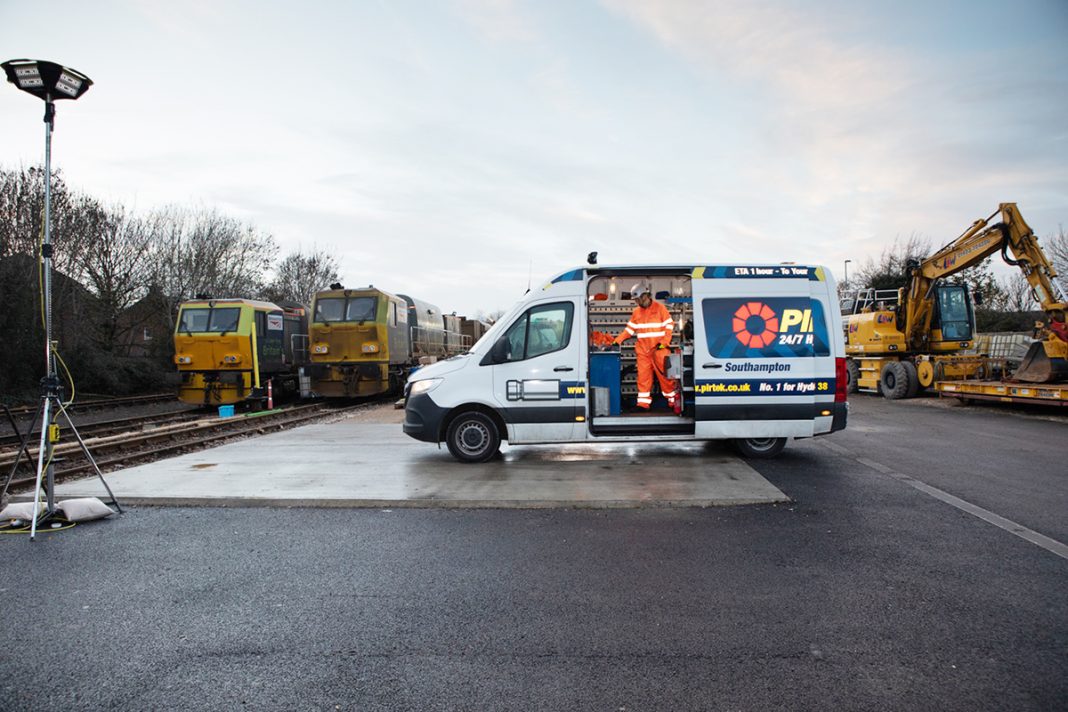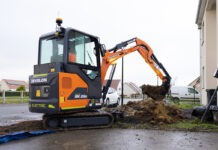The construction industry has always been one of the biggest contributors to the UK’s GNP at 7% (a value of over £110 billion per annum). But the industry is not without its challenges and in 2023, more than most, output fell dramatically.
The Construction Products Association forecasted a fall of 6.4% in 2023 and only a very small recovery for this year.
This has been caused by a combination of different factors but most notably the fall in private housing combined with government delays on major infrastructure projects such as the Lower Thames Link and the HS2 work at Euston.
Skilled labour shortages
The labour squeeze continues to affect the sector with an additional 250,000 workers forecast to be needed by the year 2026. But the construction industry is no longer seen as a viable career choice for many leaving school or university, so this is likely to remain a challenge for some firms operating in the sector for years to come.
At Pirtek we have been supporting the construction sector since the company was established over 30 years ago and have a huge amount of knowledge and technical expertise that enables us to be a proactive partner.
This means that construction companies don’t need to have all of the skills within their team to maintain equipment. We can provide experienced mobile service technicians to any construction site within an hour of a call to ensure that any hydraulic failure is rectified, and construction work can continue quickly with minimum disruption and delay.
Knock on effect of financial uncertainties
Inflation and the strong possibility of recession has seen many customers postponing work, both domestically and commercially. This has the knock-on effect of a freeze in hiring new staff and procuring new materials and equipment to help reduce overheads for many companies.
Falling household incomes and higher interest rates are also have a negative effect on the new build housing and RM&I markets which account for 40% of the total construction output. This is unlikely to change until well into 2024, and possibly to 2025, when the housing market is due to settle slightly with mortgage rates predicted to level off and then slowly fall.
Inflation and soaring energy prices have caused some product costs. For example, the timber price index has increased by 35.4% year on year in 2021-2022. The result of this is that more companies are looking to cut spending elsewhere.
Walking the regulatory tightrope
And finally, the challenge of new standards are regulations across the board means that construction companies are having to take new environmental standards seriously. The Net Zero target date of 2050 is looming and the construction sector has one of the biggest mountains to climb. Construction sites are still largely driven by diesel power from on-site power generation to delivery vehicles and everything in between. Companies are working hard to protect the environment but are having to balance this with the need to stay afloat.
Reduce downtime and save on costs
The net result of all of these challenges is that the construction sector is looking to keep costs to an absolute minimum. Having equipment sitting idle on site due to failed hydraulics can cost significant amounts of money both in terms of productivity and also staff costs (for operators who cannot work).
Keeping equipment fully functional at all times is the best way to avoid this. Preventative maintenance scheduling means that equipment can be professionally maintained by expert technicians whilst it is not being used on-site, keeping it working smoothly during day-to-day operations.
If you are looking for preventative maintenance support or need help in an emergency breakdown situation contact your nearest Pirtek centre here.








